Ruhrtriennale: an ode to industry with humanity at its core
Annual multidisciplinary event takes on special meaning with its look at Europe's border crisis
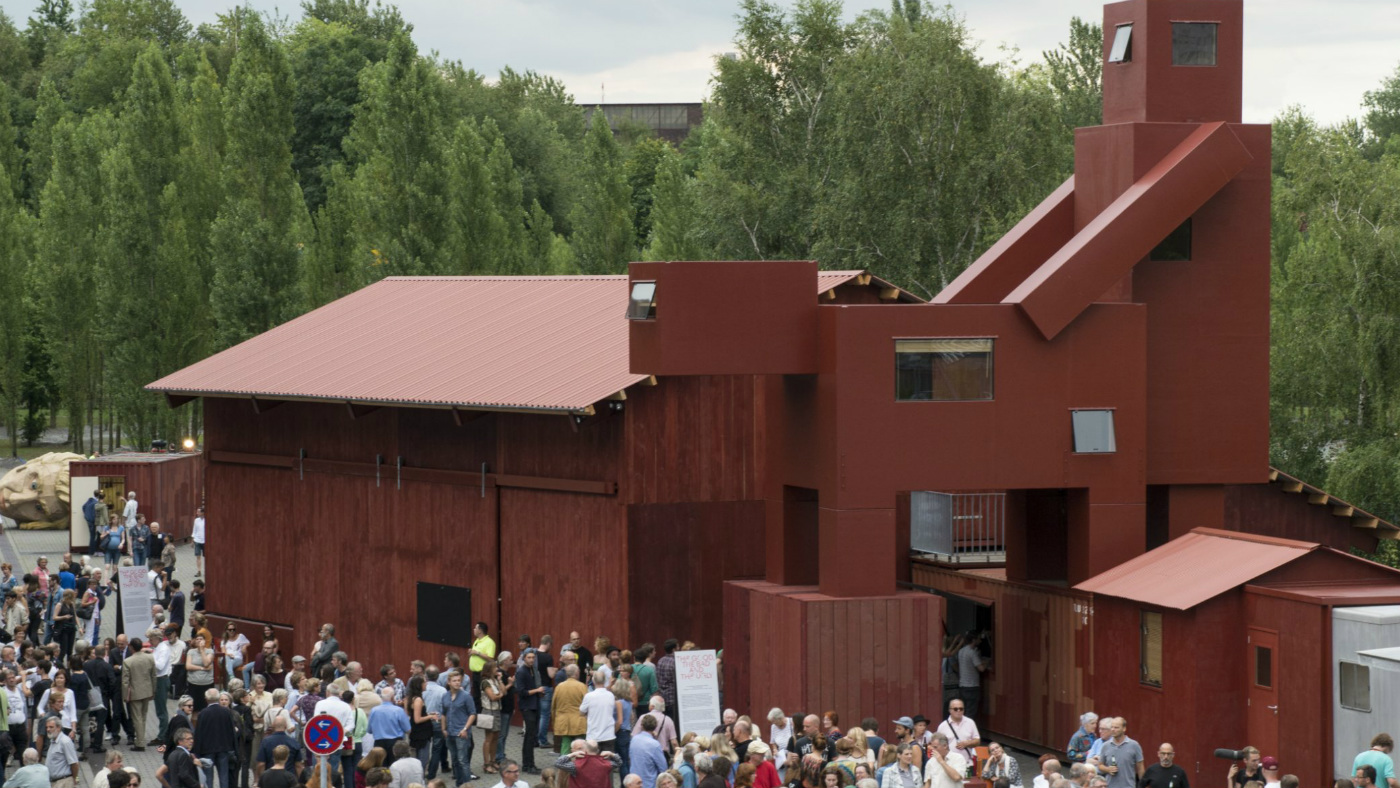
A free daily email with the biggest news stories of the day – and the best features from TheWeek.com
You are now subscribed
Your newsletter sign-up was successful
The Ruhrtriennale takes place across Germany's industrial heartland but this year, among the imposing art installations in cavernous factory buildings and looming architectural odes to industry, was a festival with humanity at its core.
The annual multidisciplinary event held in former power stations and manufacturing facilities dotted around the Ruhr area in North Rhine-Westphalia has a different director every three years.
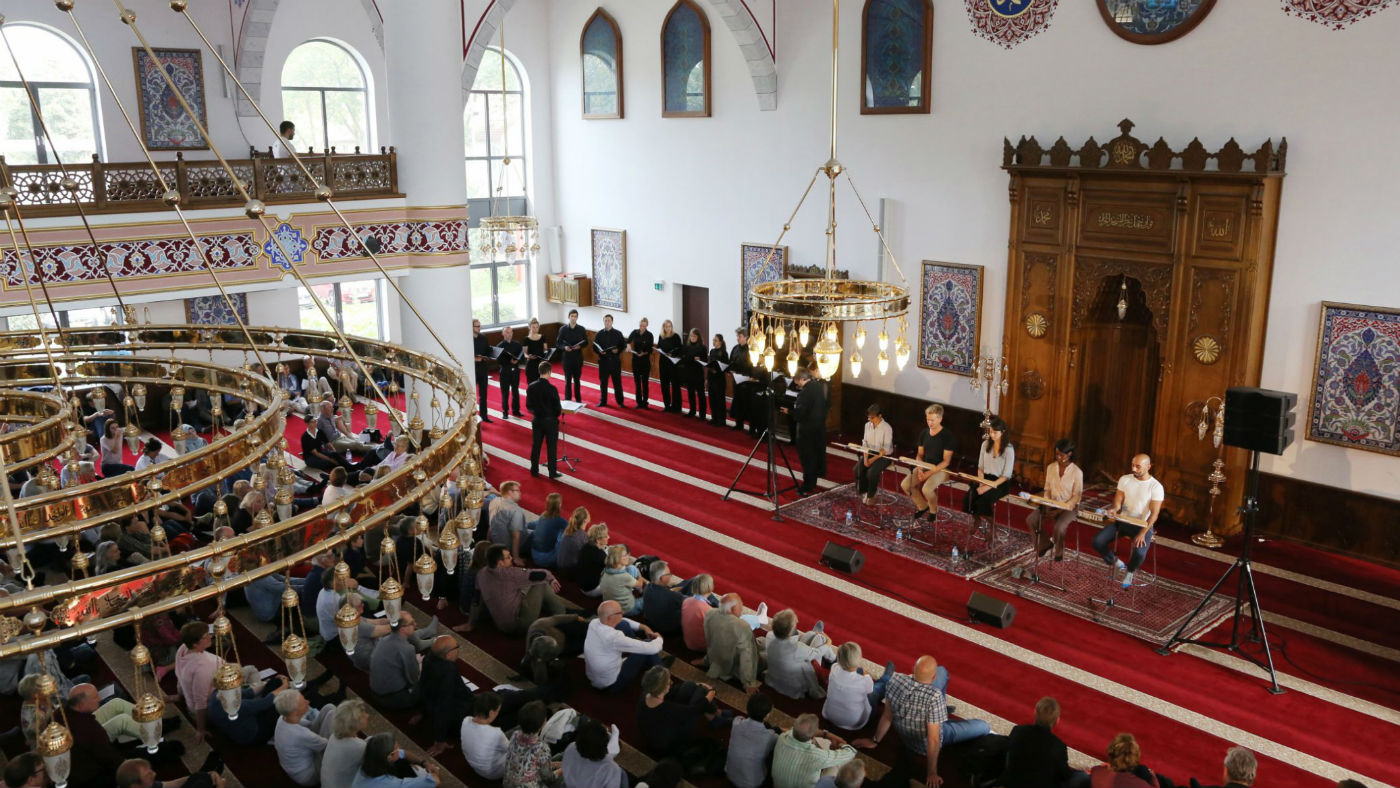
The Dutch theatre and opera director Johan Simons is at the helm of the festival from 2015 to 2017 and the theme of Simons’s three-year programme is "Seid umschlungen" (be embraced), which he describes as "a social, political and geographical gesture”.
The Week
Escape your echo chamber. Get the facts behind the news, plus analysis from multiple perspectives.

Sign up for The Week's Free Newsletters
From our morning news briefing to a weekly Good News Newsletter, get the best of The Week delivered directly to your inbox.
From our morning news briefing to a weekly Good News Newsletter, get the best of The Week delivered directly to your inbox.
"Looking around Europe, one sometimes has the impression we are living on a knife-edge: there are so many tensions, so many ideological and religious conflicts," Simons explains on the festival's website.
He adds that the Ruhr region, which lies at the heart of Europe, has over the centuries been a haven for immigrants.
"Sometimes we also need the freedom to transcend borders. These are the central values of the Enlightenment on which European culture is based."
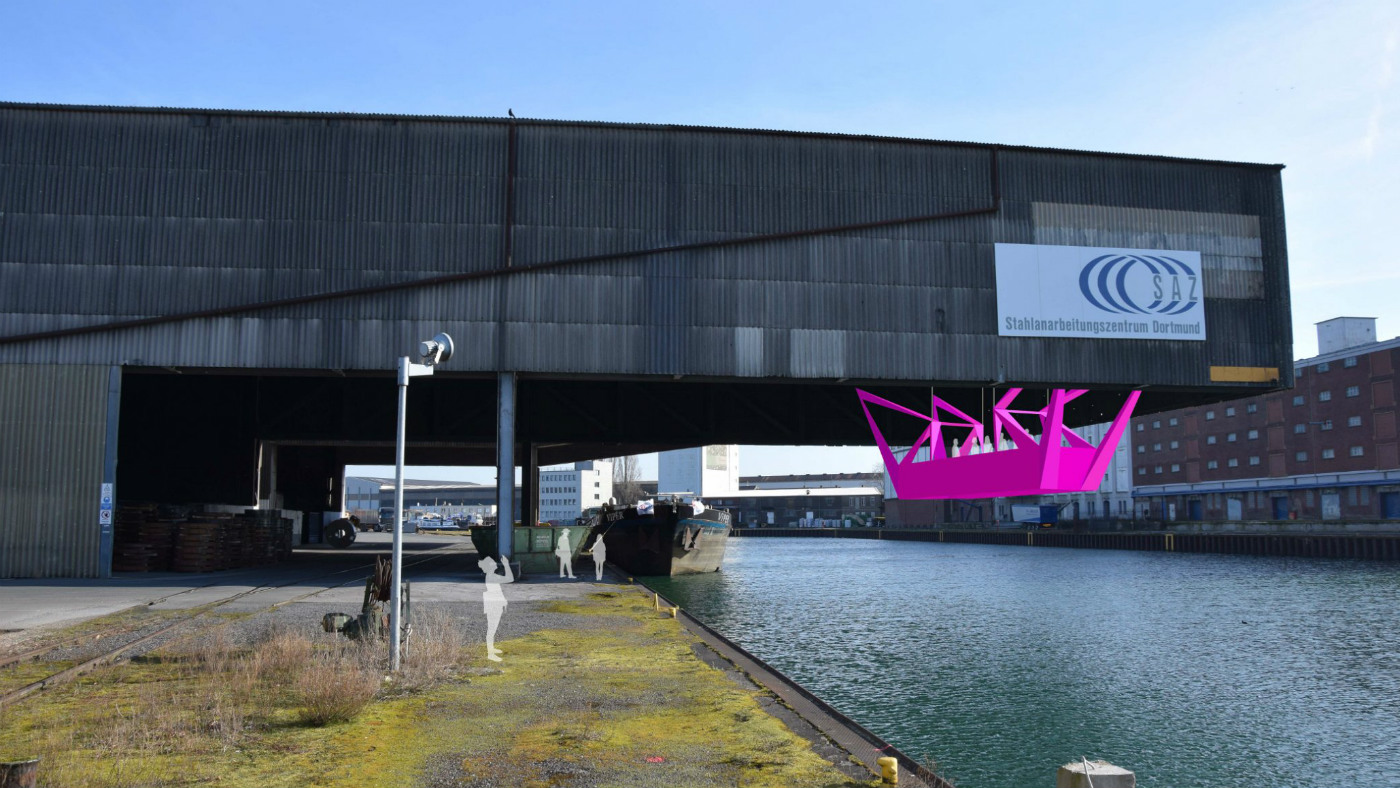
One of the highlights of the festival was Simons' own work, The Strangers, the premiere of which German President Joachim Gauck attended. At a time when Angela Merkel's open border policy has been coming under sustained attack, Simons believes Gauck's attendance "demonstrates the importance that the arts address current affairs and the topics that are really affecting people's lives."
A free daily email with the biggest news stories of the day – and the best features from TheWeek.com
At the premiere of the production - which ruminates on the problems of cultural integration across Europe - President Gauck said: "What fascinates me is that serious, great artists, who are well-known throughout Europe, come here; not to the sites of old and glorious cultural temples, but to the middle of this landscape where the people are."
As the UK still reels from the result of the recent EU referendum, other European nations are beginning to wake up to the possibility that they may soon face their own political insurgencies.
Asked about the UK’s vote for Brexit in June, Simons told The Art Newspaper that "the decision is sad as it means we no longer stick together. Brexit is perhaps a protest vote from parts of society such as the unemployed. But the EU has difficulties, as it presents economic arguments which are not always easily understood."
Other events on this year’s programme were Manifesto, the multi-screen film installation by the German filmmaker Julian Rosefeldt. The project stars the actor Cate Blanchett, who channels more than 50 artistic calls to action through 13 monologues, drawing on texts by the Dadaist, Futurist and Fluxus schools.
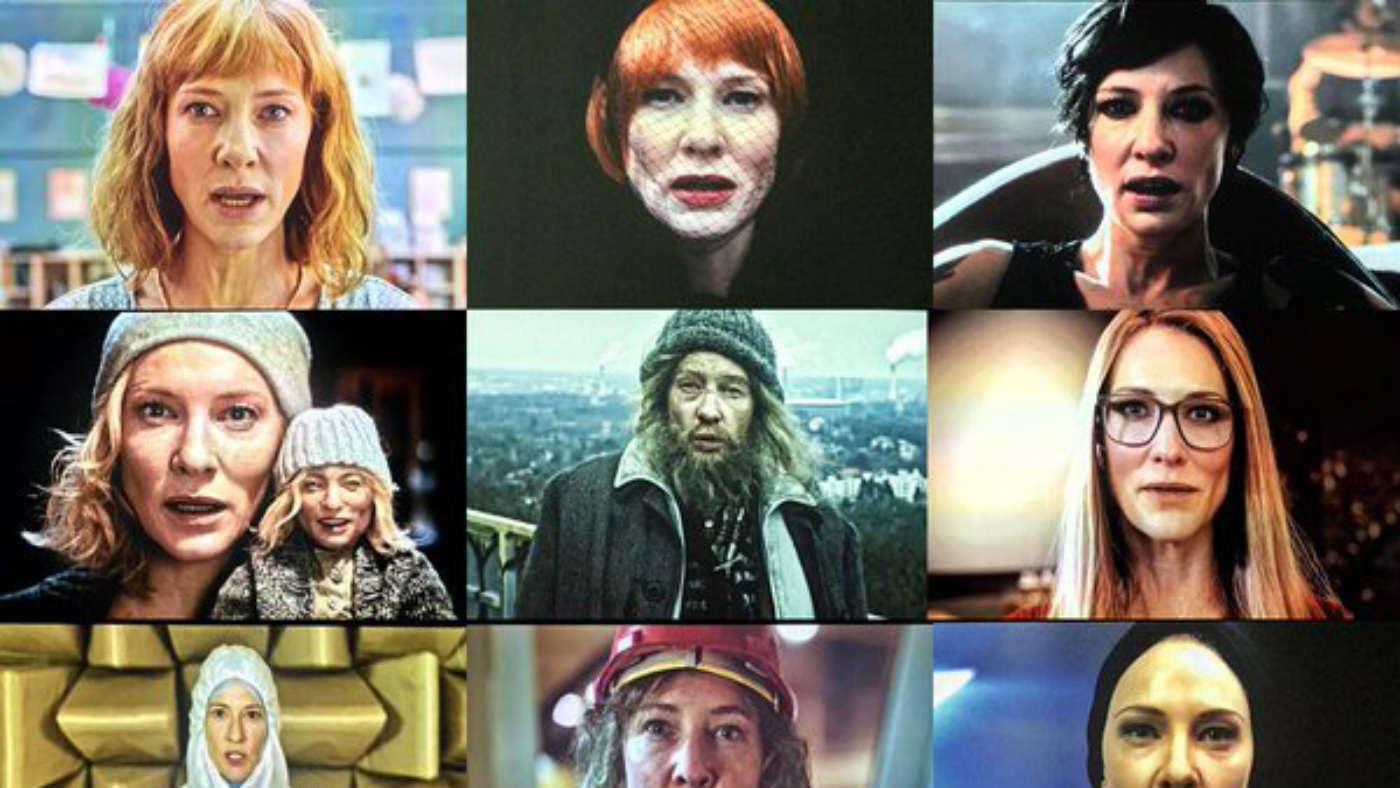
Well.Come set in the heart of Dortmund's industrial harbour allowed visitors a chance to understand the refugee crisis in terms of the movement of goods. A series of disorientating sounds alongside facts and figures about migration and trade engendered a feeling of disconnect between the visitor and the surrounding landscape.
Director Ivo van Hove also staged a performance of The Things That Pass as a requiem in which the music of Harry de Wit makes the passage of time and the characters’ emotional impasse almost tangible.
The production explored Louis Couperus’ remarkable literary canon - an enlightening re-examination of one of Europe’s most significant and complex writers.
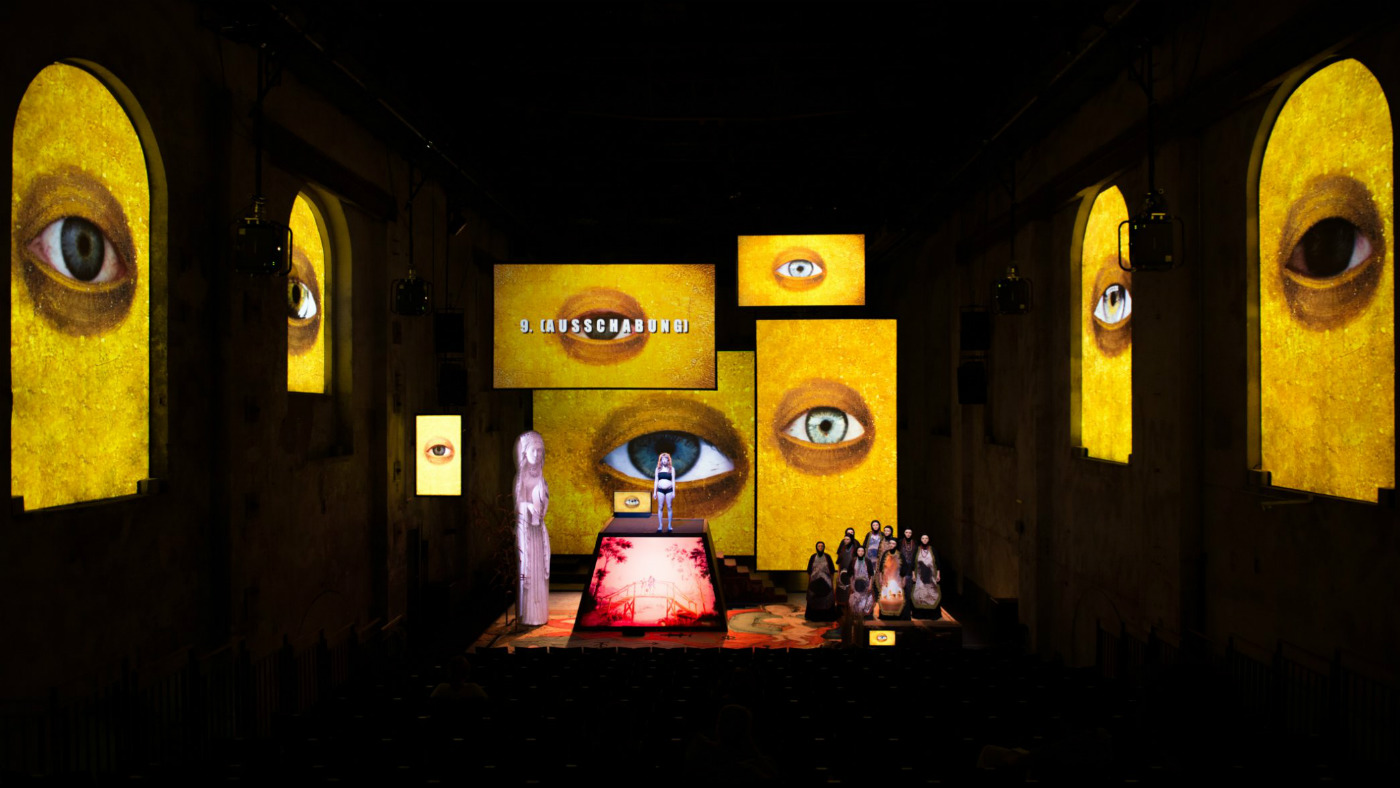
With 2017 as Simons final year at the helm, visitors to the festival next year will see the culmination of the director's three-year mission to humanise the German industrial heartland. Although no programme has yet been announced, the 2017 Ruhrtriennale is sure to throw up some unmissable performance and exciting surprises.
-
 Nuuk becomes ground zero for Greenland’s diplomatic straits
Nuuk becomes ground zero for Greenland’s diplomatic straitsIN THE SPOTLIGHT A flurry of new consular activity in the remote Danish protectorate shows how important Greenland has become to Europeans’ anxiety about American imperialism
-
 ‘This is something that happens all too often’
‘This is something that happens all too often’Instant Opinion Opinion, comment and editorials of the day
-
 House votes to end Trump’s Canada tariffs
House votes to end Trump’s Canada tariffsSpeed Read Six Republicans joined with Democrats to repeal the president’s tariffs